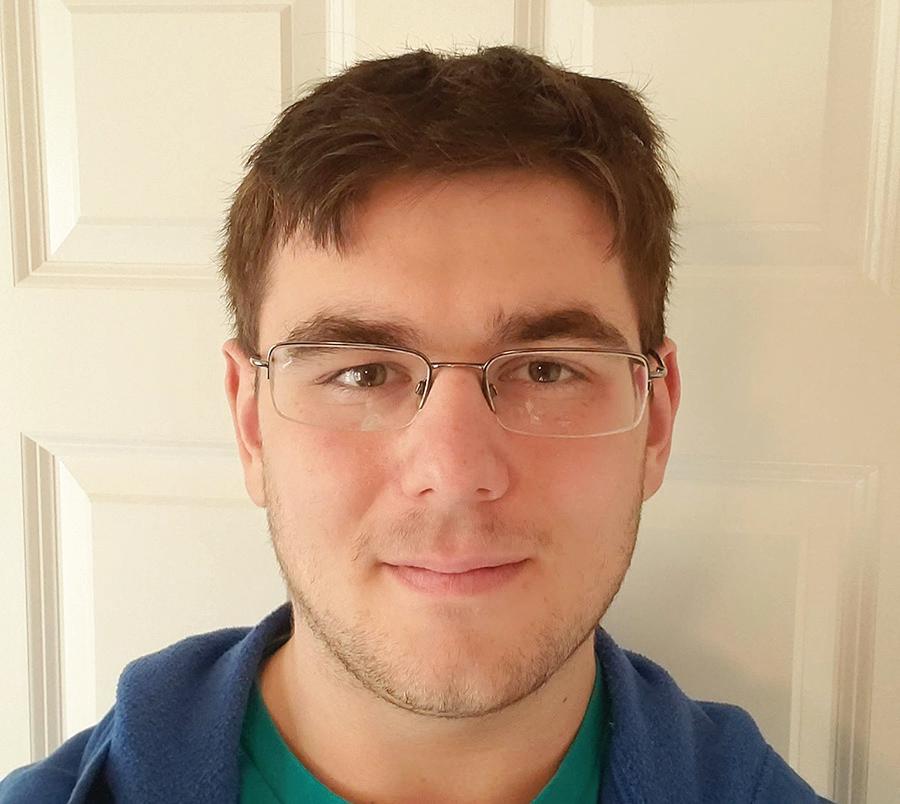
7 minute read
Impractical Jokers: The Movie
from The Slate 3-3-20
by The Slate
Editor’s note: The following letter references a column written by Staff Columnist Maria Maresca titled “Take five minutes: The facade of a minimum wage increase,’” which was published in the Feb. 25 edition of The Slate.
Calvin DiMaggio Senior history major
Advertisement
Multiple studies have found that raising the minimum wage does not lead to job loss, according to institutions such as the University of California-Berkley, the Institute for Research on Labor and Employment, the Center for Economic and Policy Research, and the government watchdog, Integrity Florida.
The cost of raising the minimum wage is small relative to most firms. Companies would not have to raise prices of goods to keep their profit margins. Workers armed with more spending power will purchase more goods than they would have when they were barely surviving on the current minimum wage.
The higher wage puts money in the worker’s wallets creating higher demand, which creates more opportunities to hire more workers. Higher wages also make it easier to attract applicants, resulting in less employee turnover, and lowering costs to employers.
However, this opinion piece is not a rebuttal. No meaningful debate or conversation on this topic can reasonably be held in a weekly publication. Rather, this column is an admonishment of your use of a certain source.
In your column about the “facade” of raising the minimum wage, you cited The Heritage Foundation as a source. Joseph Coors of Coors Brewery and heir to a billionaire oil fortune Richard Mellon Scaife founded the company in order to advocate for economic deregulation and an extremely interventionist foreign policy.
Ignoring a political lobbying history of adamant lie, the Foundation has no ground to talk about poverty in America and has consistently manipulated their studies to support their right-wing nonsense.
Most, if not all, their studies have had their statistical information pulled out of thin air. The Foundation is a mouthpiece for misinformation, funded by oil companies to deny climate change, drug and medical companies to fight against Medicare for All, and finance and insurance companies to keep those in poverty below the line.
I recommend that everybody, student or professor, follow the money trail behind these “think-tanks,” and see their true intentions.
Adam Friscia Staff Columnist
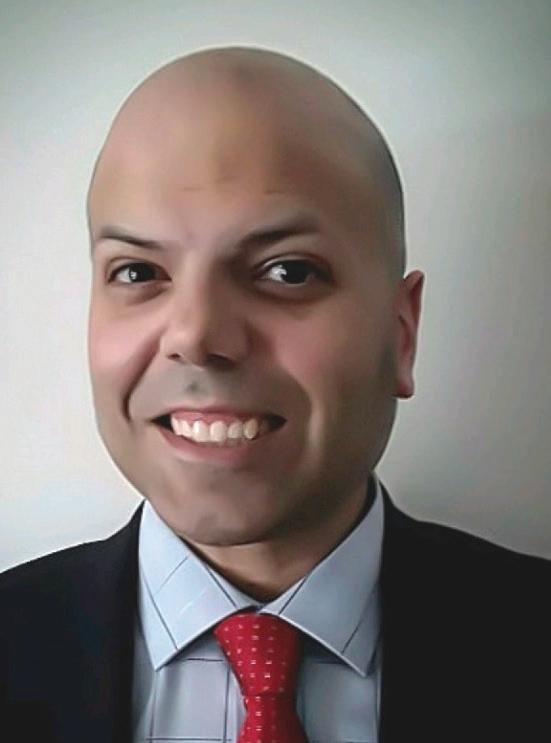
A radical approach to political forecasting is challenging conventional norms and “flipping giant paradigms of electoral theory upside down.”
Those words were spoken by Christopher Newport University professor Rachel Bitecofer who is convinced political scientists rely on obsolete models to predict electoral outcomes.
Central to her argument is the belief that swing voters no longer play a vital role on Election Day. Rather, she points to voter enthusiasm and partisan bias as the true litmus test for success. In a series of published papers, Bitecofer denounced decades of political thought germane to the subject.
“One byproduct of the contemporary environment is that analysis relies heavily on assumptions and theories of political behavior, much of which was produced in the pre-polarized era.”
To account for current conditions, Bitecofer focuses almost entirely on the electorate.
An article penned by Politico correspondent David Freelander summarized the crux of Bitecofer’s thesis.
“The real ‘swing’ doesn’t come from voters who choose between two parties,” she argues, but from people who choose to vote, or not (or, if they do vote, vote for a third party).”
In layman’s terms, the political party with the most registered voters who inspires the largest percentage of participation will win. But is it really that simple?
Unsurprisingly, Bitecofer’s theory has drawn criticism from seasoned forecasters. “The idea that turnout explains every election result… is just factually not true,” said Dave Wasserman, House Editor of the Cook Political Report. However, recent trends challenge his assertion.
For example, heading into the 2018 midterms, Bitecofer accurately predicted Democrats would capture a net total of 42 House seats against an eventual tally of 41. Not bad for an insurgent.
Despite criticism that Bitecofer is simplifying a complex issue, I believe her theory holds merit. Acute polarization has changed the rules of engagement for political prognosticators.
Instead of fixating on the illusion that independents determine elections, each party should internalize its efforts. Securing core support is the root of all successful campaigns and cannot be ignored. When political parties motivate its base, swing voters are of little consequence.
And this begs a question. If you are a registered voter attending Shippensburg University, can your party count your vote? If you’re interested in supporting her theory, I implore you to do so.
Letters
to the Editor:
Michael Bugbee Freshman communication and sociology major
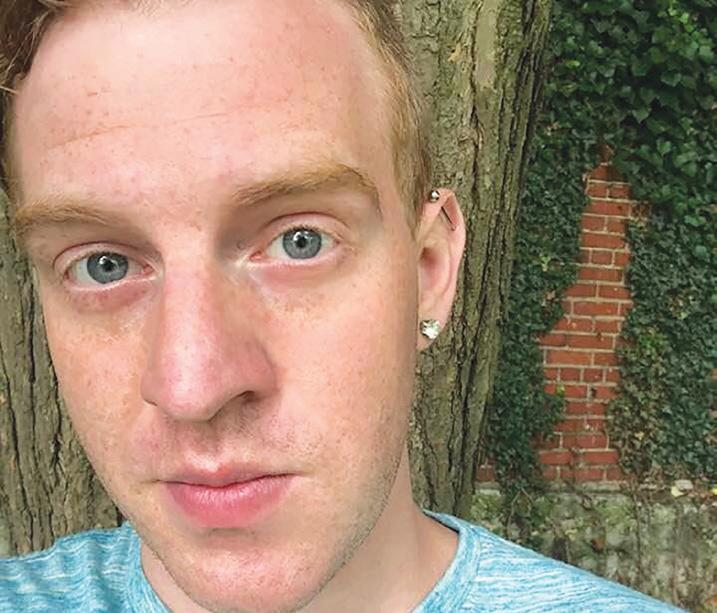
“You’re going to have to find another place to live. I didn’t know you were a homosexual.” These words still echo in mind today.
My name is Michael and I’m a student here at Shippensburg University.
Last year after deciding to go back to school, my husband and I tried to find a house close to campus. However, doing so ended up being harder than I thought.
The first place I found was very close to campus. However, the owner quickly found out that I’m married to a man. He refused to show us the place, let alone rent it to us, stating that my lifestyle compromised his morals and values.
After that shock, I contacted the borough in which this took place. I found out that there are no laws protecting us from housing discrimination.
Upon finding another potential house, we decided it was best not to share our marital status at first. Not even a week after we moved in, the landlord found out about our marriage.
“You’re going to have to find another place to live. I didn’t know you were a homosexual,” he said.
I was in disbelief and I couldn’t believe that this was happening — that even in 2019, LGBTQ people could be denied a place to live just because of who we are.
These two situations should not have been legally allowed to happen. No one should be denied housing, a job, or any other service just because of their sexual orientation or gender identity.
This is why I asked Shippensburg University to take a firm stance against discrimination, not only here on campus but also in the community in which many students reside. I ask my fellow students, our faculty, and our administration, to help me bring about change in the borough of Shippensburg by getting involved in our local government.
The Shippensburg Borough Council is set to consider a nondiscrimination ordinance at their April meeting. Please make your voice heard in support. If you want to get involved, please email me at mt9622@ship. edu.
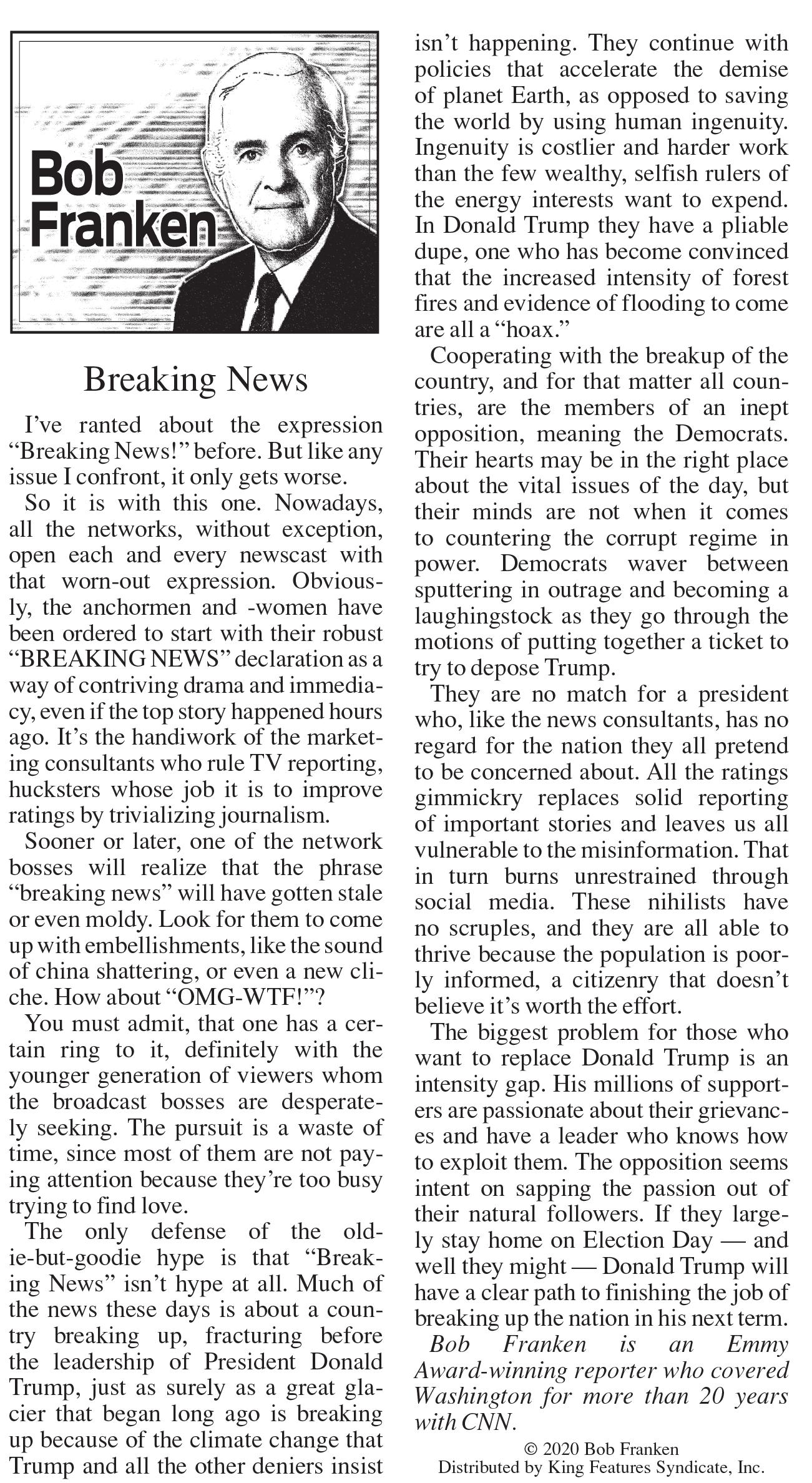
Give it a thought: Requiring world religion course can lead to a better public, society
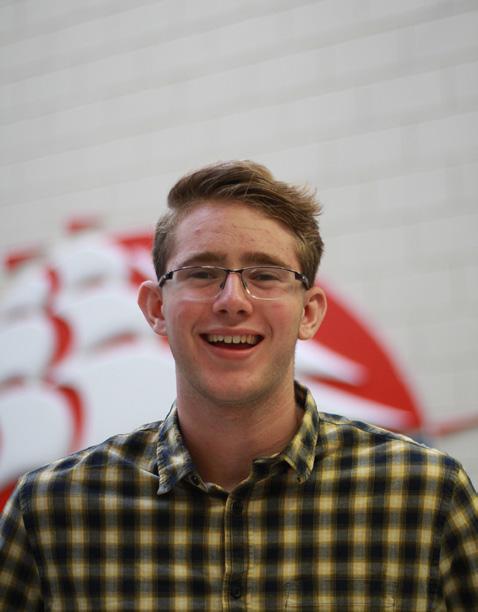
amongst societies’ members, particularly in regard to race, religion and ethnic background.
I truly believe that most of that divide and lack of understanding comes down to a lack of education and individual’s purposeful ignorance.
A few weeks back, the March for Humanity was held on campus at which speakers talked about commonalities amongst us and how despite our differences, humanity is much more closely related than different. We all share a common humanity. As mentioned by Tom Ormond, Shippensburg University Provost and Vice President for Academic Affairs, the university and the education system as a whole serves a fundamental role of educating humanity and to bring about a society that is understanding and appreciative of one’s differences.
I believe that one of the main areas of contention and of deep misunderstanding in our world today is in regard to religion. Many people have misconceptions about others’ religious beliefs, based on a lack of education and fueled by the media, stereotypes, ignorance and hysteria.
The “Us vs. Theming” that is discussed by neuroendocrinologist Robert Sapolksy is huge in America in regard to religion. Many Americans do not have an understanding of what separates Catholicism from Protestantism.
The West shows deep misconceptions on the beliefs of Islam, Hinduism, Buddhism and many other religions.
People hold their religious beliefs based firmly on developed reasoning and devote great portions of their time, money, and lifestyle to their religion.
It is truly shocking for a large percentage of the population to not understand the major religions of the world when it holds such a great weight in American and global society.
Education of world religions would help to ease the misconceptions and divisions in our society and would help to build up our communities based on understanding.
High schools and universities across the country, including Shippensburg University, should require a religion class that would educate students on the basic beliefs of all major world religions and their individual histories.
This class would be objective in nature and would delve into the beliefs of humanity today and how they have gotten to their current states. This general education requirement would better our campus, community, nation and the world.
According to a Pew Research Center report in June 2019, those who took a world religions class in high school or college answered 17.3 questions correctly compared with 12.5 among those who have not taken such a class on a 20-question religious understanding quiz.
A world religion class in high school and college would help create a more united and understanding community and campus.






